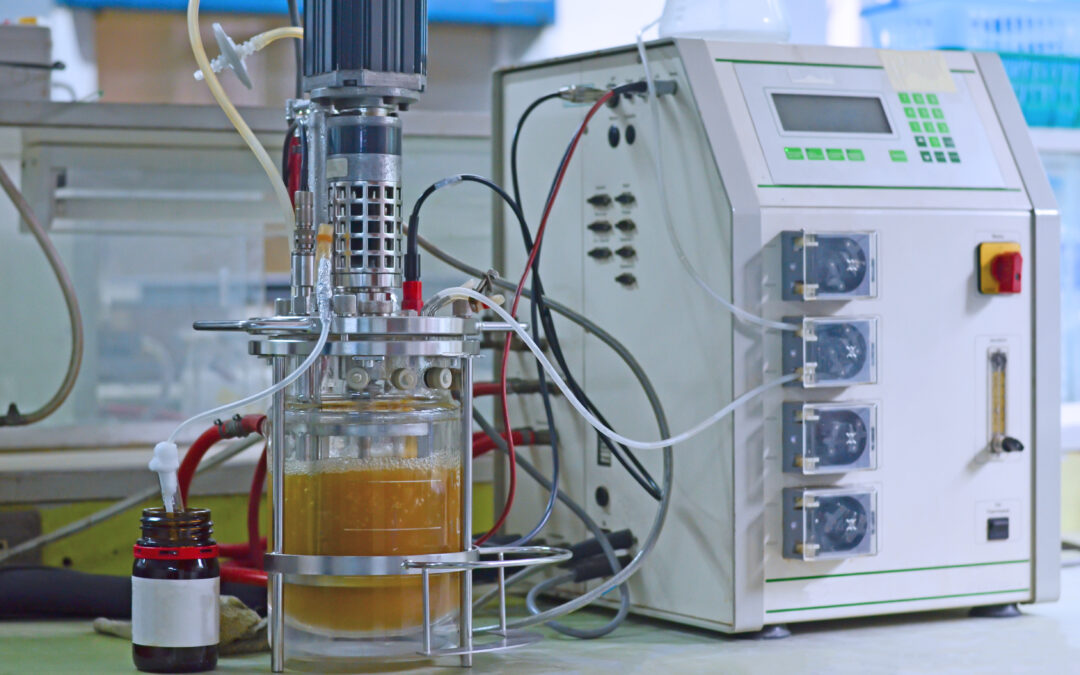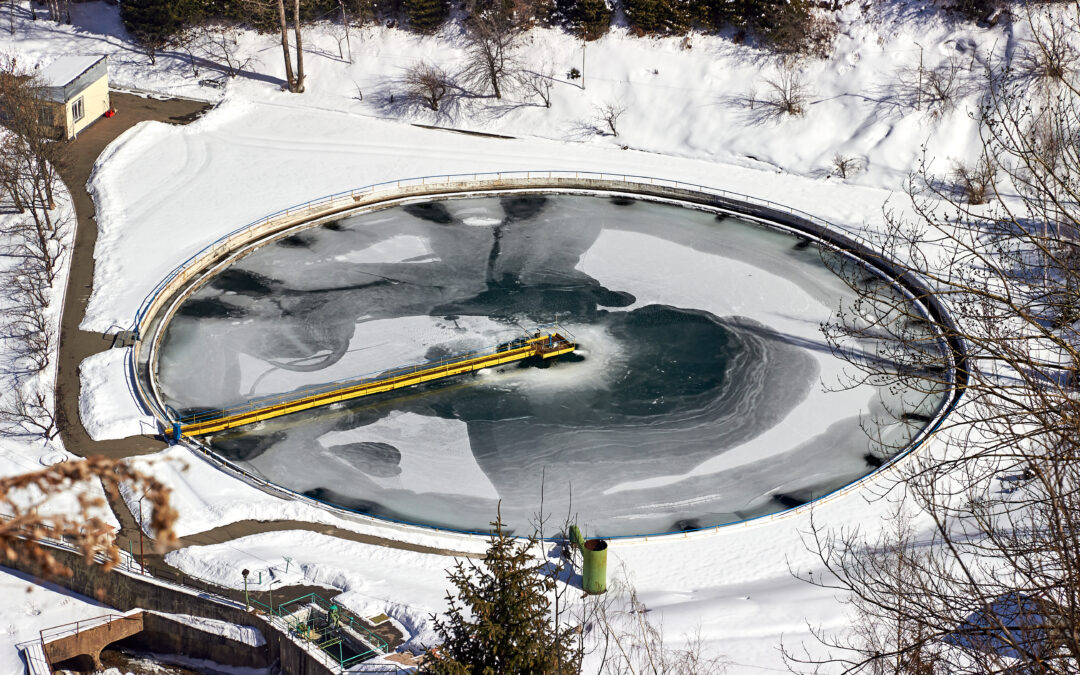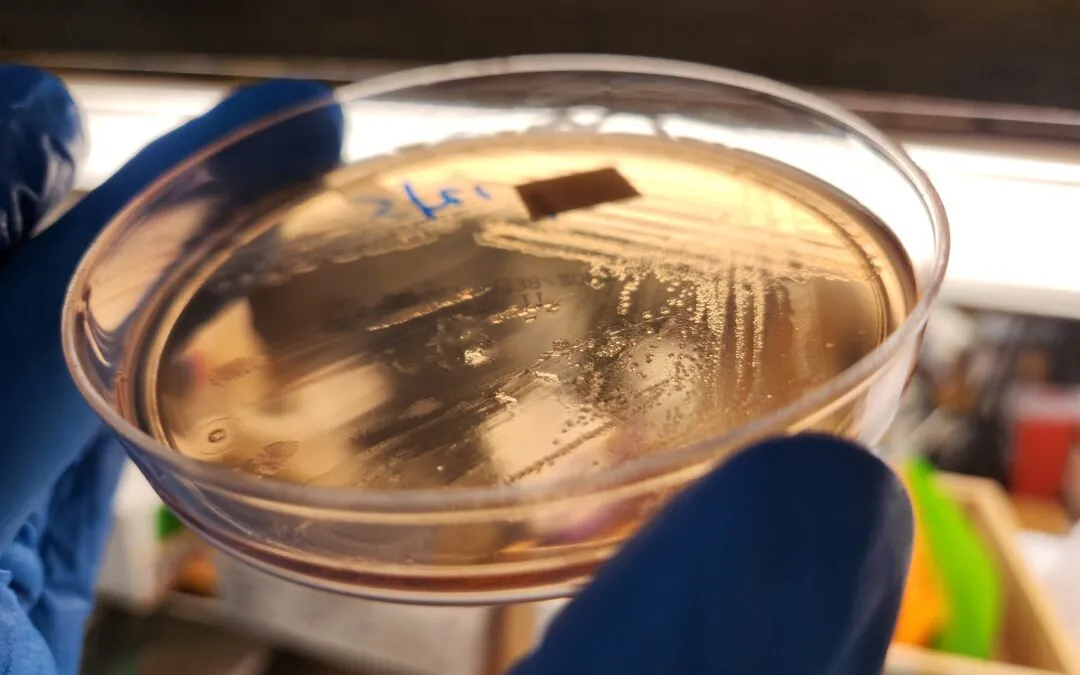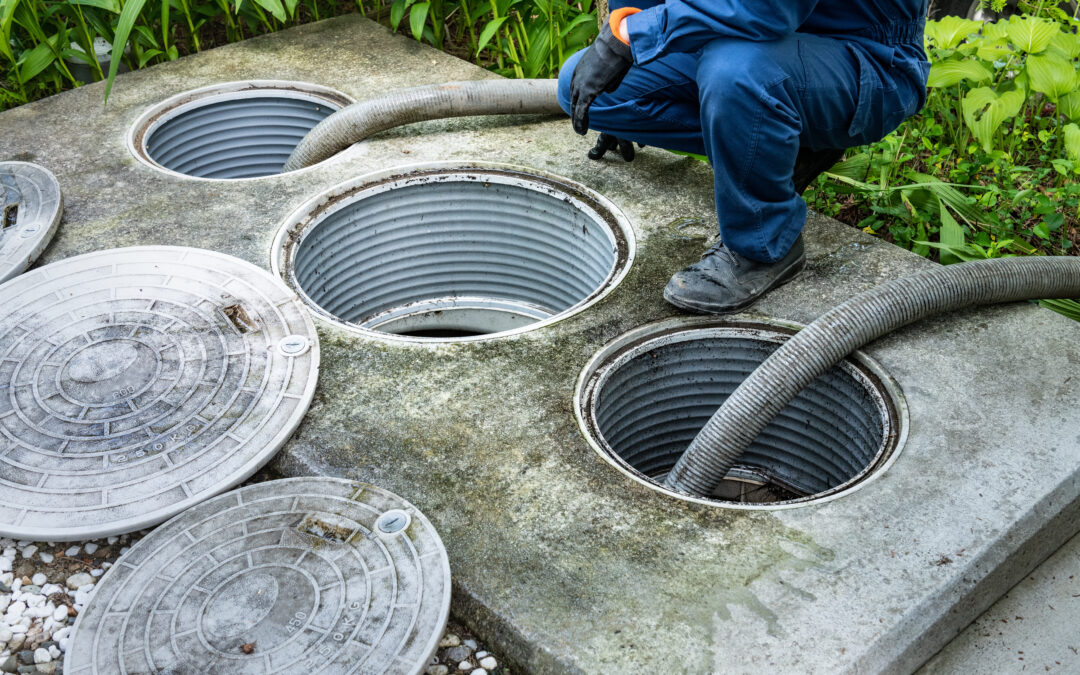Summer is the height of tourist season and cities become flooded with people who are eager to dine out. As a cleaning product manufacturer, you play a vital role in providing solutions for maintaining restaurant fats, oils, and grease (FOG) By utilizing our Bacillus-based cleaning ingredients, manufacturers can create effective products that can help manage FOG in restaurant grease traps.
During this busy time, when FOG accumulation is high, it’s important to ensure proper maintenance of grease traps to help control the chances of blockages, backups, and sewage overflows. The Bacillus breaks down and digests existing and accumulating FOG to help control potential issues.
What Happens When Grease Traps Are Not Maintained:
During busy times, food prep and dishwashing duties send food scraps down the garbage disposal and drain. This disposal causes grease traps and sewer pipes to fill with FOG quickly. As the FOG solidifies in the sewer pipes, it causes blockages that lead to backups and sewage overflows. When FOG build-up is not properly maintained, unpleasant odors and even greater challenges can arise.
The EPA estimates about half of all the 400,000 annual sewer blockages in the United States are caused by grease, and the grease contributes to many of the 40,000 annual sewer overflows.1 FOG problems at restaurants cause the risk of losing customers due to closing the shop until the damage is fixed. Fortunately, there are sustainable solutions, like Bacillus bacteria, which work to help reduce the FOG to help prevent these problems.
How Do SporActiv® Bacillus Bacteria Help to Reduce FOG?
Bacillus bacteria can break down and digest FOG naturally. Some Bacillus strains can produce biosurfactants that function similarly to chemical surfactants to emulsify FOG and make it more available for microorganisms to act on. In addition, Bacillus produce many different types of enzymes to help them break down some of the more complex substances in their environment (such as FOG) into a less complex form that they can use. FOG in this form is then easily consumed by Bacillus as well as other native bacteria in the environment. This process remediates excess FOG in the system keeping grease traps and pipes clear of build-up.
Conclusion
With the use of Bacillus, cleaning product manufacturers can help to reduce FOG build-up in restaurant grease traps and reduce the risk of restaurant shutdowns due to blockages, backups, and sewage overflows.
Reach out to us to speak with one of our experts to learn more about degrease products, using this link! https://www.mdgbio.com/industrial-institutional-contact/
Use Bacillus-based cleaning ingredients to create your final products and provide sustainable solutions for your customer’s grease trap!
Contact us to learn more!
Source:
- Aey, Maggie. “Grease Trap Inspection – CCPIA.” Grease Trap Inspection, 27 Jan. 2020, ccpia.org/grease-trap-inspection/.









